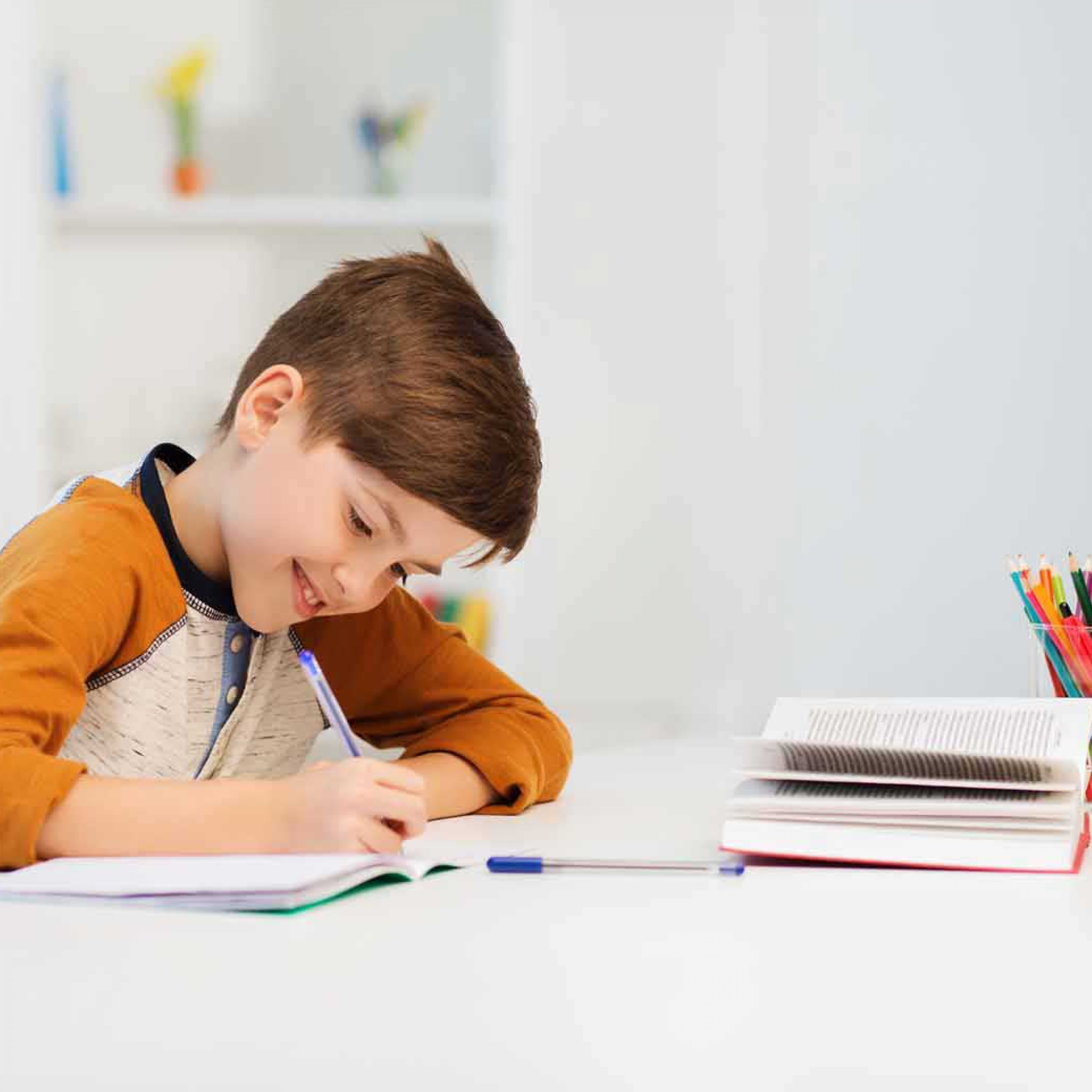As if it wasn’t hard enough to make choices in parenting—about feeding, sleeping, immunizations, organics and other options that plague parents from day one—there comes a day when we also have to determine what education option is the best for our child. We think age five is going to be a golden age of post-potty-training, semi-independent reading, and the ability to swim and ride a bike without us watching them constantly; instead, kindergarten looms around the corner with its myriad of challenges.
How we educate our children is perhaps the most crucial of our parenting choices, or at least it feels that way. There is not only enormous pressure to choose the absolute best for our kids, that which seemingly will prepare them for Harvard, the Senate or the UN, but education also is an area in which friends, family and strangers feel they should have a contributing opinion.
Throughout the 11 years that I’ve been involved in some segment of educating my four children (my oldest is entering 11th grade; my youngest is in seventh), I’ve dabbled in pure homeschooling, a homeschool hybrid, a co-op, online public school that is completed at home, and traditional public school. I’m not an expert, but I’ve tried enough of what’s available in my area to have formed a few thoughts to share.
My broad thoughts about traditional school vs. homeschool are these: homeschool leaves more room for flexibility across the board. If your family craves individuality and freethinking, public school may be too constrictive. In addition, fighting the tide of the middle school brand wars and culture concerns may be reason enough to homeschool, at least from ages 11 to 14.
On the other hand, the things we love about homeschooling—being around like-minded people, having some say over what goes into our children’s ears, and having an open schedule—does not always reflect real life.
A strictly homeschooled child may be a breath of fresh air as an adult, but they may also need some social fine-tuning when they enter a world of diversity. What is more, many mothers find the hours their kids are at school are crucial for them to be at their very best when they all arrive home in the afternoon.
No matter what you decide, keep these things in mind:
• It’s your choice. For some reason, people get really heated about their education choices. I think this is in part because they want to reassure themselves that their choice is best, and they reinforce that position by criticizing the choices of others. However, I have learned throughout the years that eventually, all of the kids will read, they’ll all make good and dumb choices no matter what their school background is, and they’ll all arrive at adulthood wiser because of good parenting no matter what your education choice. It’s better to politely smile and salvage your friendships and family relationships for the years ahead than to die on a hill that is, at best, temporary.
• It’s not one-size-fits-all. I have two “older” kids that are two years apart and have always been more mature, and two “younger” kids—Irish twins, one adopted—that create a circus wherever they go. When the younger two were five and six I sent them down the block to the local elementary school and kept the older two at home.
It was by far the most peaceful year we had of schooling. Online school at home may be very successful for your self-motivated or introvert child, while your social butterfly may need the co-op or the sports offered at the hybrid option, public or private school. Your 12-year-old may be ahead in math but behind in reading, and that’s actually okay. They’ll get there. Give yourself permission to individualize your choice for each of your children. They are individuals.
• It’s not a lifelong commitment. As the parent of the child(ren) in question, you have the option of changing it up every year. The homeschoolers I’ve met over the years are typically individually-minded people that actually revel in the ability to do something different each year. Homeschooling does provide flexibility from year to year, if you’re willing to roll with it. Each state’s requirements are different in terms of attendance and some sort of proof that you’re not promoting truancy in your home, but I know many families that school well into the summer or take long, educational road trips that enable them to kick back on a random Tuesday in February. Those are the golden perks of homeschooling.
The crucial thing in any parenting decision is to trust yourself and your parenting style. The young people in your home were given to you specifically, not to your neighbor, your sister or your best friend. You were created to parent these particular children and by default you’ll be good at it. I would even argue that good parenting can make up for what your local school option—no matter what that may be—is lacking.
The crucial thing in any parenting decision is to trust yourself.
We all want our children to be successful at life, and perhaps this is why we heap so much pressure on ourselves where their education is concerned. However, remember that when they are 25 they can Google what the capital of Uzbekistan is, but if they haven’t been taught by then to work hard and bestow kindness, courage and compassion, adulthood will present challenges more difficult to solve.
So when you’re stressed over the homeschool co-op or the hybrid, or whether the local school seems okay but you’re not sure the reading program is strong enough, take a deep breath and remember to just do a good job at loving and guiding them. Your care and attention will make up for anything the school is leaving out.








